
‘We can’t let people leave if they don’t pay’: the hospitals that become prisons for the poor
- Hospitals in 30 countries illegally detain patients using armed guards, locked doors and even chains to hold people who have not paid their bill
- Kenyan hospitals and morgues are also holding hundreds of bodies until relatives can pay up, government officials say
Doctors at Nairobi’s Kenyatta National Hospital have told Robert Wanyonyi there’s nothing more they can do for him. Yet more than a year after he first arrived, shot and paralysed in a robbery, he is trapped in hospital.
Because Wanyonyi cannot pay his bill of nearly 4 million shillings (US$39,570), administrators are refusing to let him leave.
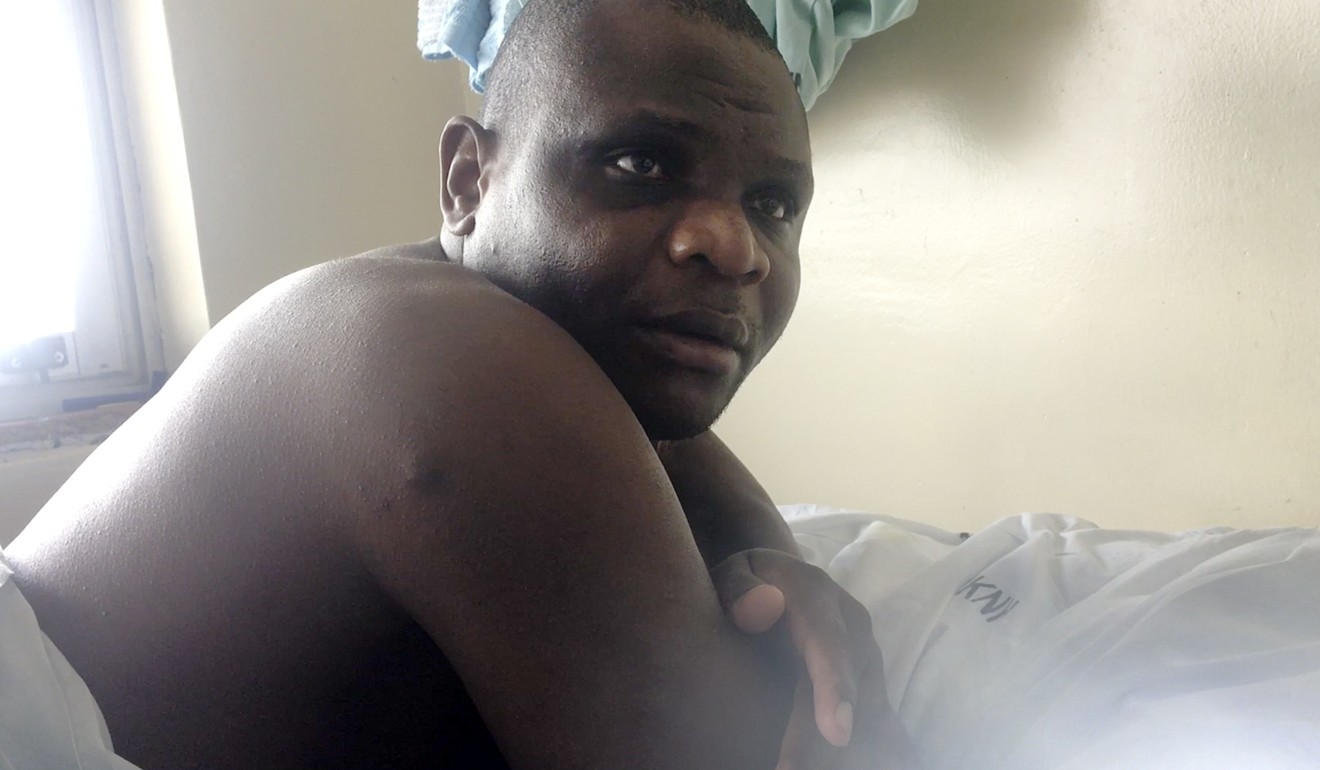
At Kenyatta National Hospital and at an astonishing number of hospitals around the world, if you do not pay up, you do not go home.
The hospitals often illegally detain patients long after they should be discharged, using armed guards, locked doors and even chains to hold down people who have not settled their accounts.
It’s probably hundreds of thousands, if not millions of people, that this affects worldwide
Even death does not guarantee release: Kenyan hospitals and morgues are holding hundreds of bodies until families can pay the bills, government officials say.
Evidence of hospital imprisonment has been found in more than 30 countries, according to records, patient lists and interviews with dozens of doctors, nurses, health academics, patients and administrators. The countries included China, the Philippines, India, Thailand, Lithuania, Bulgaria, Bolivia and Iran. Of more than 20 hospitals visited by Associated Press in Congo, only one did not detain patients.
“What’s striking about this issue is that the more we look for this, the more we find it,” said Dr Ashish Jha, director of the Harvard Global Health Institute. “It’s probably hundreds of thousands, if not millions of people, that this affects worldwide.”
During several August visits to Kenyatta National Hospital – a major medical institution designated a Centre of Excellence by the US Centres for Disease Control and Prevention – AP witnessed armed guards in military fatigues standing watch over patients.
Detainees slept on bedsheets on the floor in cordoned-off rooms. Guards prevented a worried father from seeing his detained toddler.
Kenya’s ministry of health and Kenyatta cancelled several interviews and declined to respond to repeated requests for comment.
The United Nations, US and international health agencies, donors and charities have all remained silent while pumping billions of dollars into these countries to support their health systems or fight outbreaks of diseases including Aids and malaria.
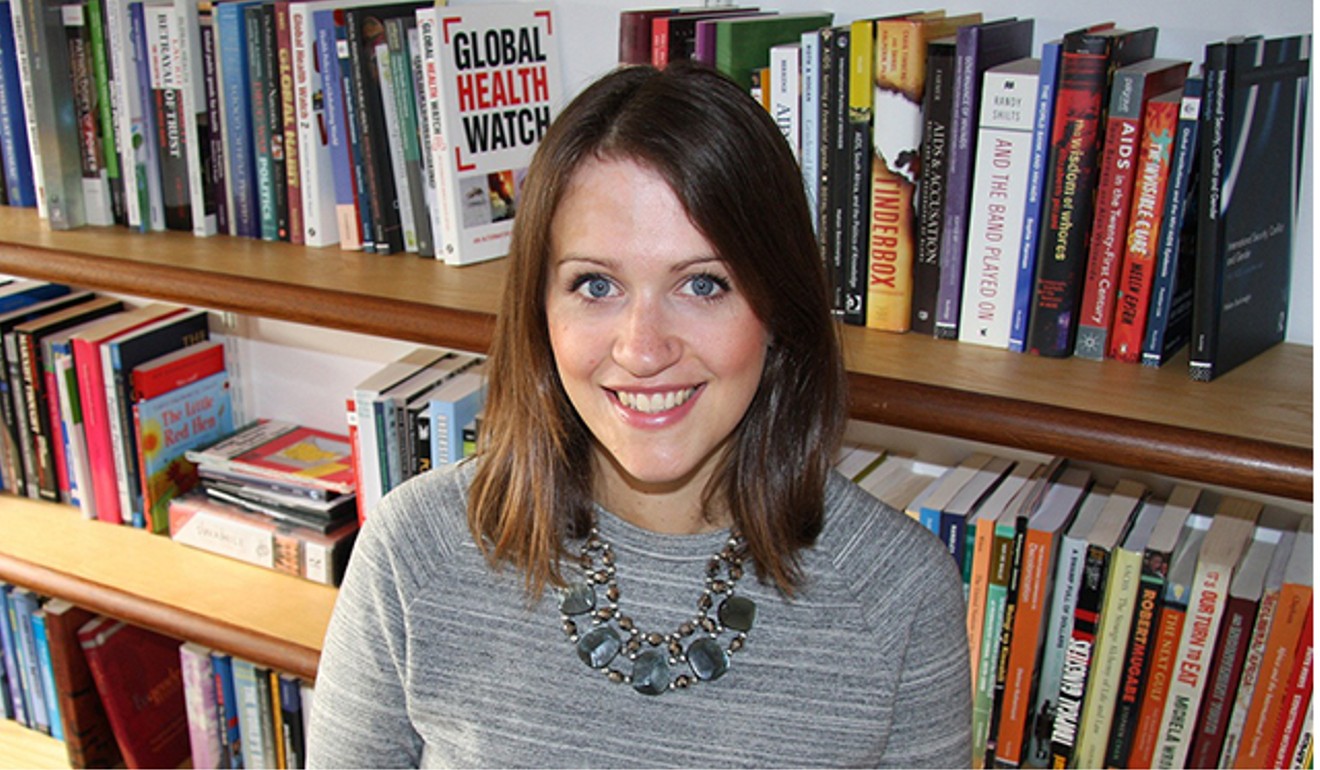
“People know patients are being held prisoner, but they probably think they have bigger battles in public health to fight, so they just have to let this go,” said Sophie Harman, a global health expert at Queen Mary University of London.
Hospitals often acknowledge that detaining patients isn’t profitable, but say it can result in a partial payment and serves as a deterrent.
Festus Njuguna, an oncologist at the Moi Teaching and Referral Hospital in Eldoret, 300km (187 miles) northwest of Nairobi, said the institution regularly detained children with cancer who finish treatment but whose parents cannot pay.
“It’s not a very good feeling for the doctors and nurses who have treated these patients, to see them kept like this,” Njuguna said.
Many officials openly defend the practice.
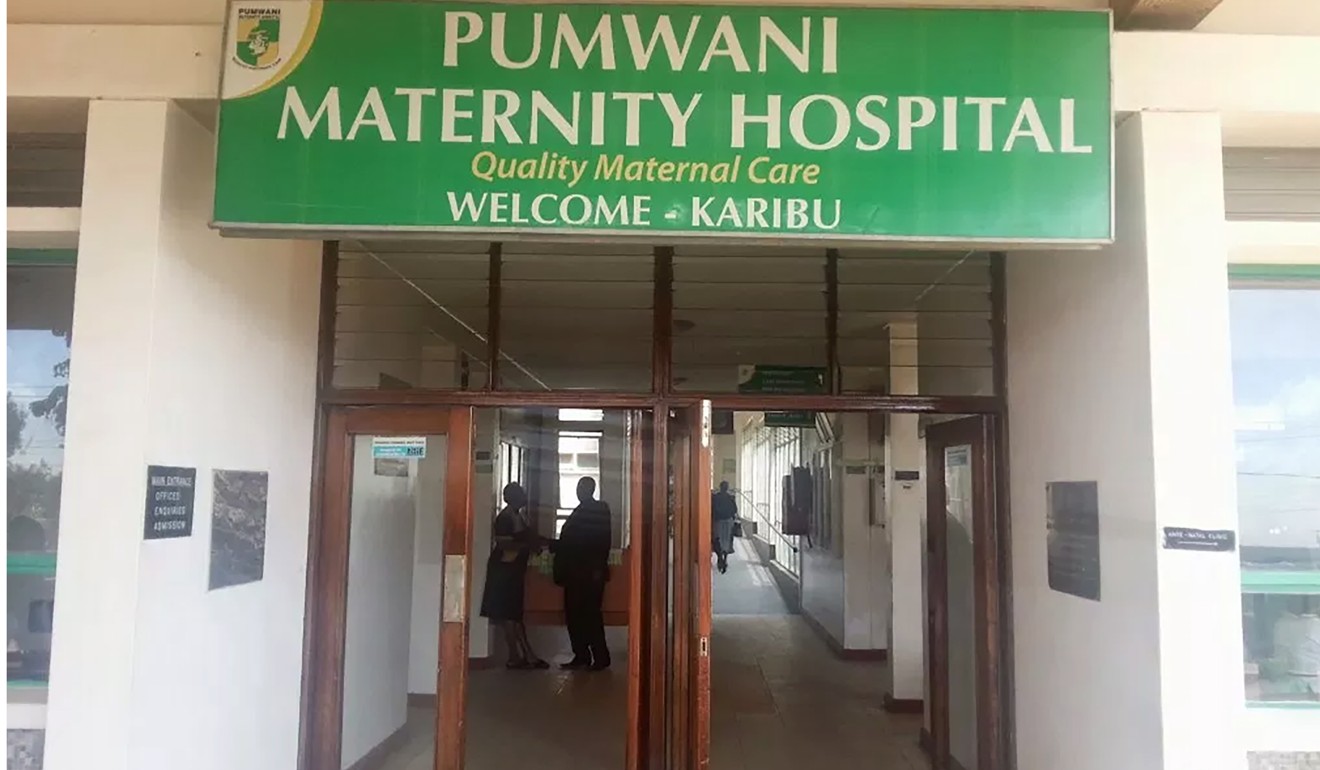
“We can’t just let people leave if they don’t pay,” said Leedy Nyembo-Mugalu, administrator of Congo’s Katuba Reference Hospital. “No one ever comes back to pay their bill a month or two later.”
Global health agencies and companies that operate where patients are held hostage often have little to say about it.
The CDC provides about US$1.5 million every year to Kenyatta National Hospital and Pumwani Maternity Hospital to cover treatment costs for patients with HIV and tuberculosis, among other programmes. The CDC declined to comment on whether it was aware patients were detained at the two hospitals or whether it condones the practice.
Dr Agnes Soucat of the World Health Organisation said it did not support patient detentions, but had been unable to document where it happens. While the WHO has issued hundreds of health recommendations, the agency has never advised countries not to imprison people in hospitals.
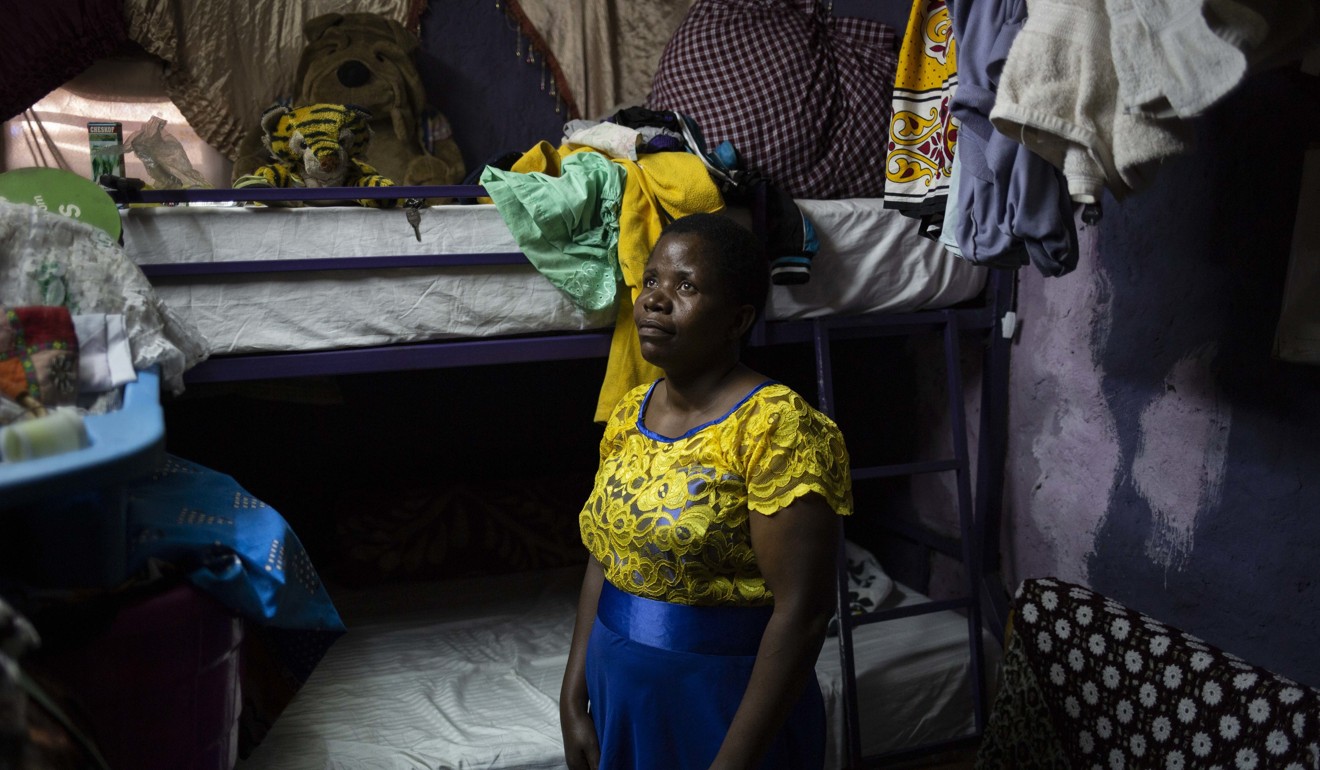
Many Kenyan hospitals continue to hold patients despite a landmark judgment in 2015.
The High Court ruled that the detention of two women at Pumwani who could not pay their delivery fees – Maimuna Omuya and Margaret Oliele – was “cruel, inhuman and degrading.” Omuya and her newborn were held for almost a month next to a flooded toilet while Oliele was handcuffed to her bed after trying to escape.
Earlier this month, the High Court ruled that imprisoning patients “is not one of the acceptable avenues to recover debt.”
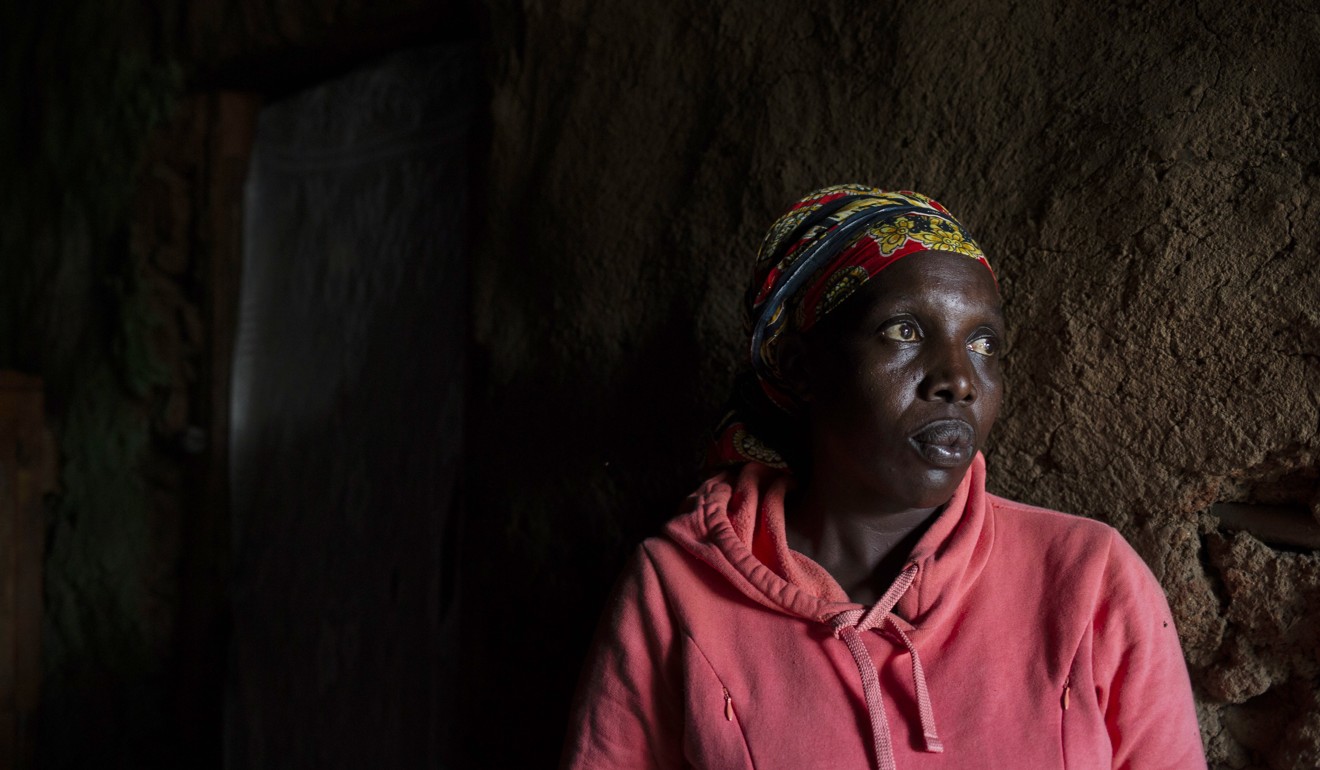
Omuya said she was still psychologically scarred by her detention, especially after another recent run-in with a Nairobi hospital.
Several months ago, her youngest brother was treated for a suspected poisoning. When Omuya and her family were unable to pay the bill, he was imprisoned. Her brother was only freed after his doctor intervened.
“Detentions still go on because there are no rights here,” Omuya said. “What I suffered, I want no one else to suffer.”

